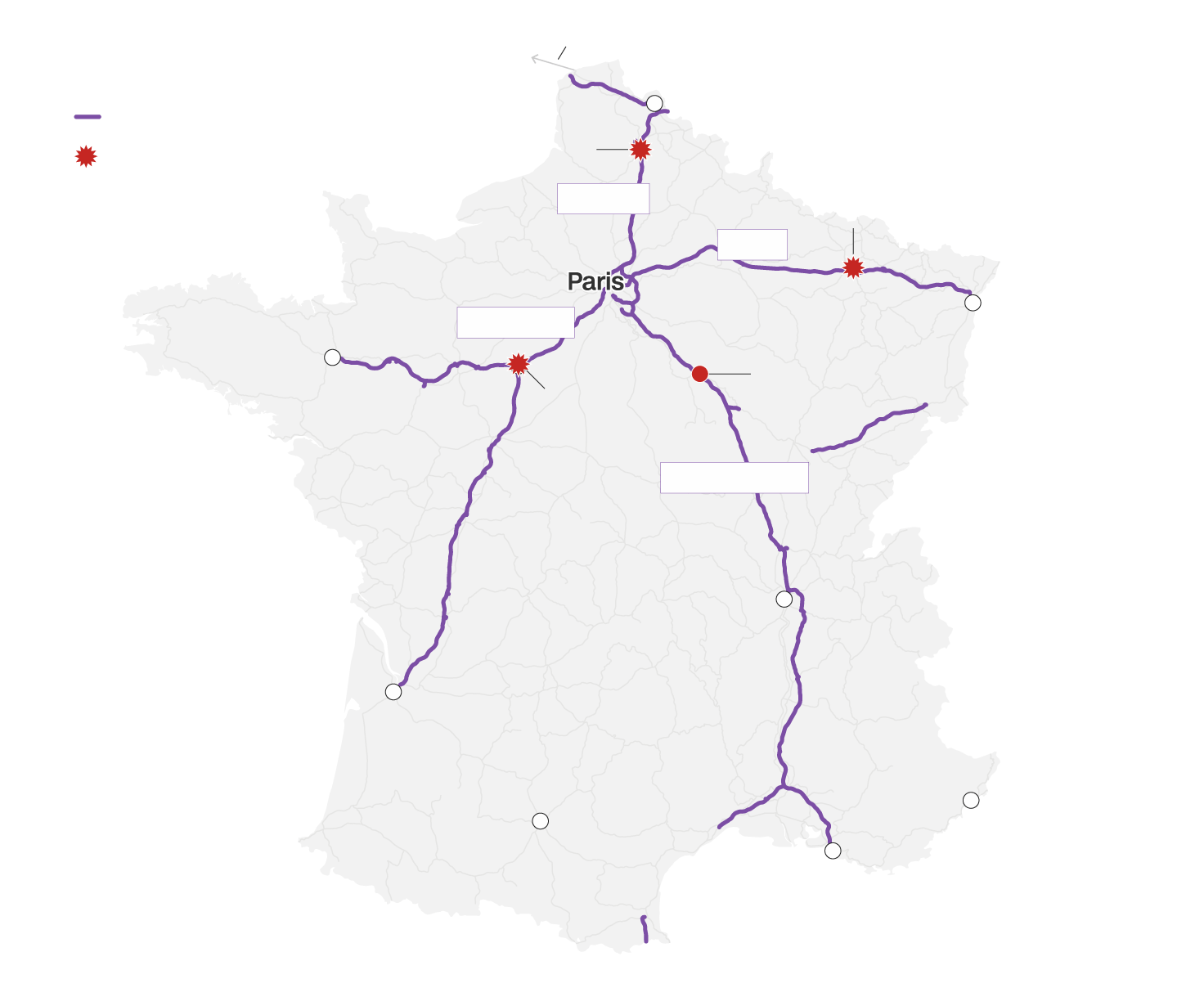The Paris Olympics of 2024 have been very informative so far, because there have been active attempts at sabotage, some being successful. When everything in human society is a target, defending against sabotage is close to impossible.
On the day of the opening ceremony an incredible 800,000 people had their high-speed train travel disrupted when saboteurs attacked signal substations and cables at critical points, with explosive devices. Nobody has been arrested.
On the following day they cut long distance telecoms cables at five sites, affecting only 11,000 people. Paris was not touched.
Reporting from Reuters:
“In recent years, France has mainly been targeted in attacks by Islamist militants, but security services have been increasingly concerned about far-left or anarchist groups, which typically oppose the state and capitalism.”
“…typically attacked “critical infrastructure, such as repeaters and antennas, government institutions and private companies” with their “most common modus operandi” being arson and explosive devices.”
CNN says:
The last major act of vandalism on high-speed train lines in France was in 2008, when steel rods were placed on overhead power cables. Police arrested individuals from an alleged anarchist group from Tarnac village but 10 years later, after a lengthy investigation, they were all acquitted and cleared of sabotage.
The alleged manifesto of the alleged saboteurs says:
No need to dwell too long on the three types of workers’ sabotage: reducing the speed of work, from “easy does it” pacing to the “work-to-rule” strike; breaking the machines, or hindering their function; and divulging company secrets. Broadened to the dimensions of the whole social factory, the principles of sabotage can be applied to both production and circulation. The technical infrastructure of the metropolis is vulnerable. Its flows amount to more than the transportation of people and commodities. Information and energy circulates via wire networks, fibers and channels, and these can be attacked. Nowadays sabotaging the social machine with any real effect involves reappropriating and reinventing the ways of interrupting its networks. How can a TGV line or an electrical network be rendered useless? How does one find the weak points in computer networks, or scramble radio waves and fill screens with white noise?
